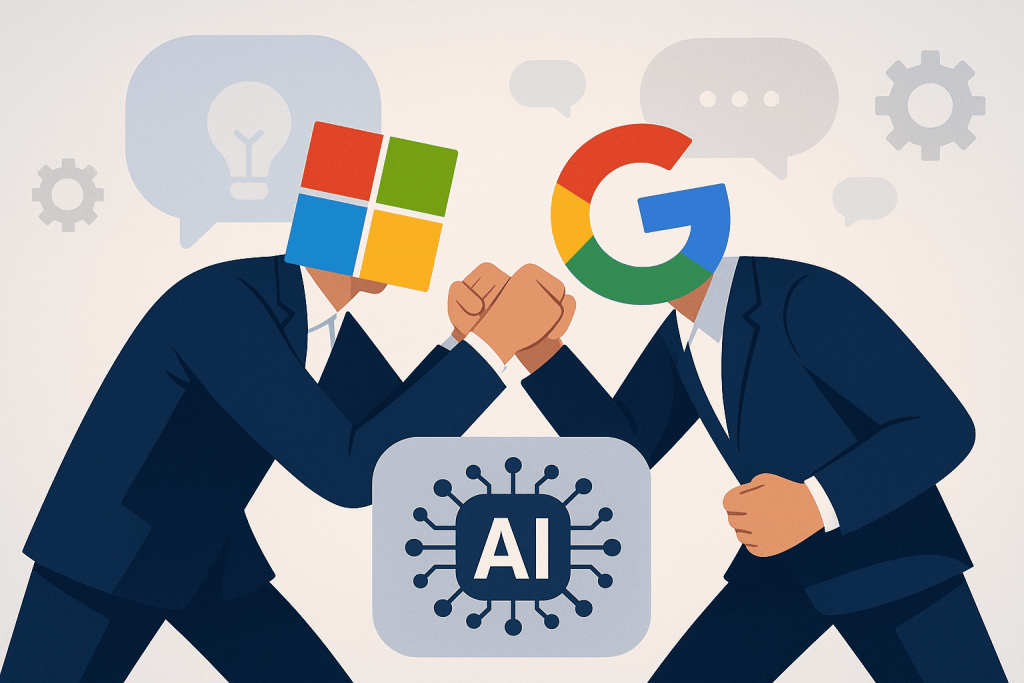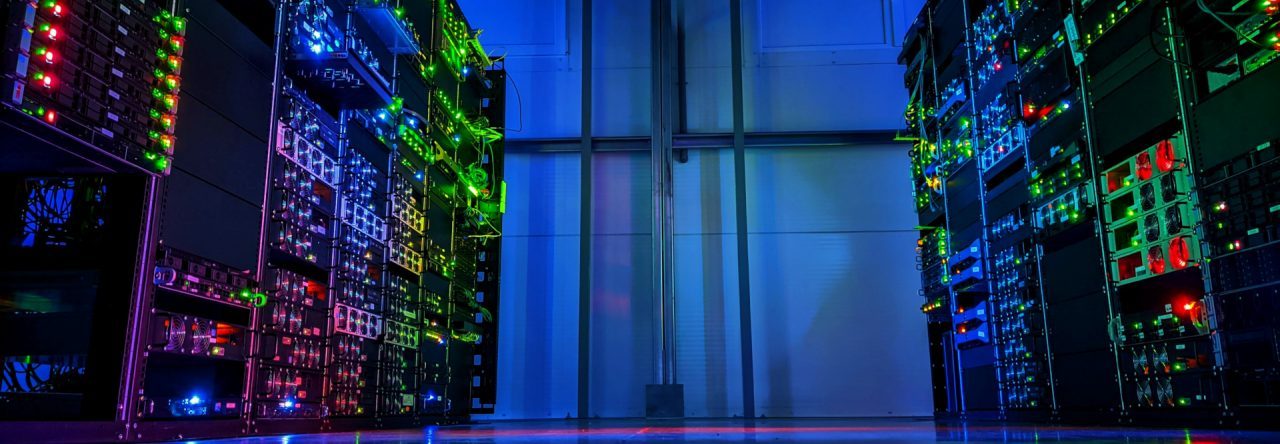
Just a few years ago, artificial intelligence was perceived as an auxiliary tool, something like a voice assistant on a smartphone that could set a timer or answer a simple question. But large language models changed everything. New AI systems emerged that can analyze, summarize, create text, generate ideas, structure knowledge, and help interact with information on a much deeper level. Against this backdrop, a major competition began between Microsoft and Google—two companies striving to shape how we will work with information in the future. Their AI assistants—Copilot and Gemini—are now seen not as optional features but as a new interface layer between humans and computers.
A New Way of Thinking About Interaction with Data
AI assistants are no longer limited to voice commands or factual queries. They interpret context, consider history of requests, structure data, and assist in decision-making. People stop performing routine actions manually, delegating them to AI. This shifts the nature of work itself: the key skill is no longer pressing buttons but formulating the task. That is why Microsoft and Google aim to become the user’s constant companion—a digital conversational partner present throughout the day.
Microsoft’s Strategy: AI at the Center of Work
Microsoft is traditionally associated with office work. Most companies worldwide use Windows, Office, and Microsoft 365. So the creation of Copilot, an assistant integrated directly into work tools, was a logical step. It can summarize long discussions in Teams, generate presentations from documents, analyze Excel spreadsheets, write Outlook emails, provide recommendations, and suggest actions based on tasks. Copilot does not function as an external app—it becomes part of the operating system. It sees context, understands ongoing activities, and communicates in the “language of the task” rather than command syntax.
Microsoft wants AI to feel natural—an inherent element of work itself, forming part of professional culture.
Google’s Strategy: AI in Everyday Life
Google focuses on where people spend most of their time: browsers, smartphones, search queries, video streaming, and messaging. Gemini integrates into Gmail, YouTube, Maps, Android, and Google Docs. It can explain complex scientific ideas in simple language, help draft an email, analyze PDFs, break down educational videos, or plan travel routes. Google emphasizes understanding user life context, interests, and behavior patterns.
If Microsoft aims to help people “work smarter,” Google aims to help them “live smarter,” making AI part of daily experience.
Data as the Foundation of This Competition
The two companies have different data sources. Microsoft has massive corporate documentation, communication, and operational datasets. Google has humanity’s search history, global behavioral analytics, and the world’s largest information index. That is why Copilot excels in work-oriented tasks, while Gemini is stronger in explanation, interpretation, and natural conversation. Both approaches will evolve and complement one another, but today they represent distinct AI philosophies.
Who Is Winning?
There is no clear leader yet. Microsoft is rapidly solidifying its role in the corporate world, where stability and efficiency matter. Google is strengthening its presence in everyday digital life, where flexibility and user experience are key. Ultimately, the winner will be the one who integrates AI most seamlessly into all levels of human interaction with information. And the future assistant may not be the product of a single company, but the result of ecosystem-wide evolution.
AI Depends on Reliable Infrastructure
Despite its “virtual” nature, AI is built on very physical foundations. Models run on servers that must be powerful, stable, and secure. To ensure fast processing and generation of data, infrastructure must support high load. That is why the development of AI is inseparable from the growth of data centers, NVMe storage, network reliability, and optimized server platforms. This applies not only to large corporations. Businesses adopting AI tools or building AI-driven services also need robust server environments. Reliable VPS and dedicated servers make it possible to run models, store data, work with APIs, and automate internal processes without downtime.
This is why, when infrastructure for AI or any high-load digital service is needed, Server.UA is worth considering—a Ukrainian data center with a transparent network, modern equipment, and stable VPS and dedicated servers for building and scaling projects.
The future of artificial intelligence is not just being created—it is already running on real servers. And the stability of this foundation determines how confidently we can move forward.

Leave a Reply